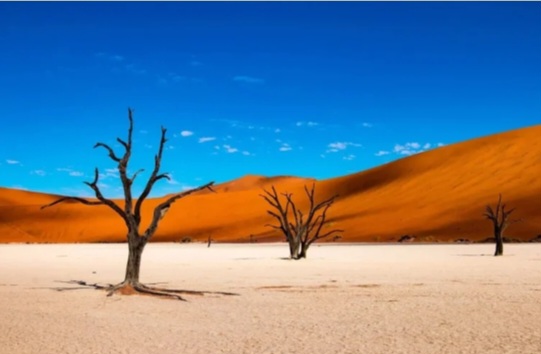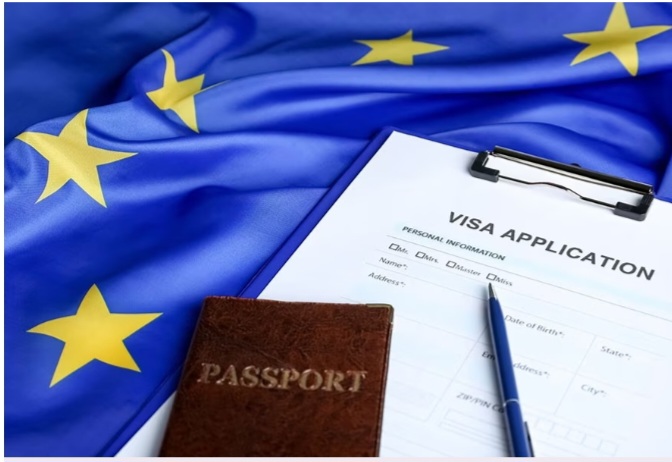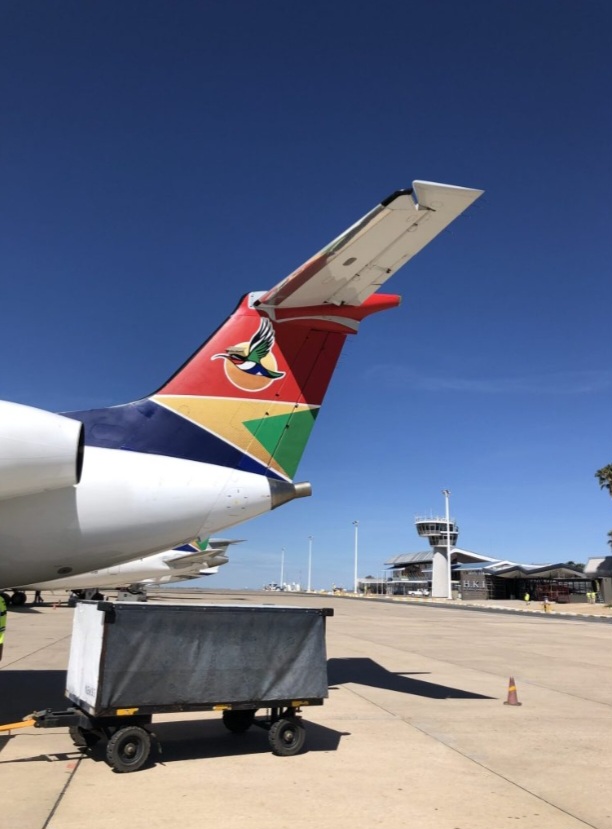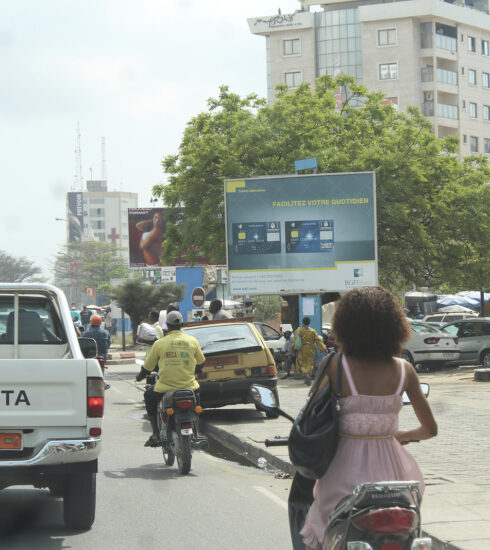Navigating Namibia: New Visa Rules for Western Travelers in 2025
Namibia, known for its striking landscapes and vibrant wildlife, has recently made a significant decision: halting visa-free travel for Western countries including UK, Canada, Germany. This policy change, effective from April 2025, has raised eyebrows and sparked discussions. In this article, we delve into the motivations behind Namibia’s move and its potential impact.

1. The Diplomatic Context
Namibia’s decision to require visas for Western travelers is rooted in a desire for reciprocity. The government contends that while they have extended gestures of goodwill and favorable treatment to nationals from various countries, some nations have not reciprocated. But what led to this tit-for-tat approach?
1.1 Schengen Visa Rejections
Namibia, like many African nations, faces disproportionately high rejection rates for Schengen visas. Almost a third of Africans applying for a Schengen visa encounter rejection—a rate significantly higher than the global average. The UK and Schengen countries collect substantial fees while rejecting applications, leaving African travelers frustrated and questioning the fairness of the system.

1.2 Balancing Sovereignty and Openness
Namibia’s landscapes—its red dunes, ancient rock formations, and wildlife-rich national parks—have long attracted tourists. The visa-free regime allowed travelers to explore without bureaucratic hurdles. Now, the paradox emerges: balancing openness with the need for reciprocity. Namibia seeks to protect its interests while maintaining its allure as a travel destination.
2. Impact on Stakeholders
2.1 Business Travelers and Entrepreneurs
Entrepreneurs face new challenges. “I used to attend conferences in Namibia without hassle,” says Mark, founder of HealthLinked. “Now, I’ll need to navigate the visa process. It adds complexity to my business trips.” HealthLinked had considered Namibia for expansion, but the visa twist complicates their plans.
2.2 Tourists and Wildlife Enthusiasts
Emma, an avid traveler, laments, “Namibia’s landscapes are breathtaking. But the visa requirement means more paperwork. It might deter some travelers.” David, a wildlife photographer, echoes his sentiment: “The visa change feels like losing a lens cap. Namibia’s raw beauty deserves better.”
2.3 Family Bonds and Reunions
Sarah, whose sister lives in Windhoek, shares her frustration. “We used to visit each other spontaneously,” she says. “Now, planning family reunions involves embassy visits and waiting periods.” The visa shift affects personal connections, emphasizing the human cost of policy decisions.
3. Economic Impact
3.1 Tourism Revenue
Namibia’s tourism industry, a significant contributor to its economy, faces uncertainty. With visa requirements, potential tourists may reconsider their travel plans. The loss of revenue from reduced tourist arrivals could impact local businesses, hotels, and tour operators.

3.2 Investment Climate
Foreign investors evaluating Namibia may hesitate. Visa complexities add friction to business dealings. Angel investors, like Alex considering ventures beyond SpaceXero, may weigh the risks. Namibia must strike a balance between security and investor-friendly policies.
3.3 Diplomatic Costs
Beyond economic figures, there are diplomatic costs. Strained relations with Western countries may affect trade agreements, aid, and cultural exchanges. Namibia’s decision reverberates globally, shaping perceptions of its openness and reliability.
Namibia’s visa policy shift reverberates beyond its borders. As travelers adjust, businesses adapt, and families navigate bureaucracy, the nation stands at a crossroads. The challenge lies in balancing sovereignty with openness, recognizing that every visa stamp carries implications. Namibia’s message is clear: Diplomacy requires reciprocity, even in the vastness of its deserts.







